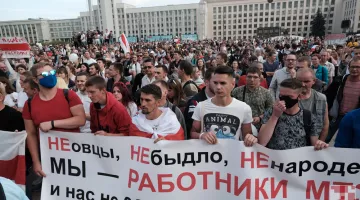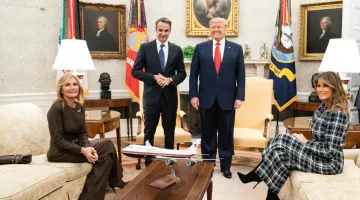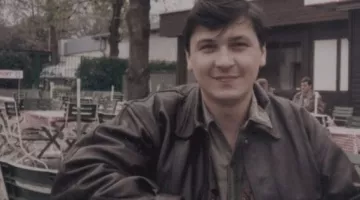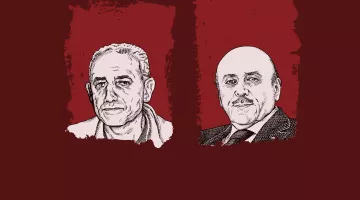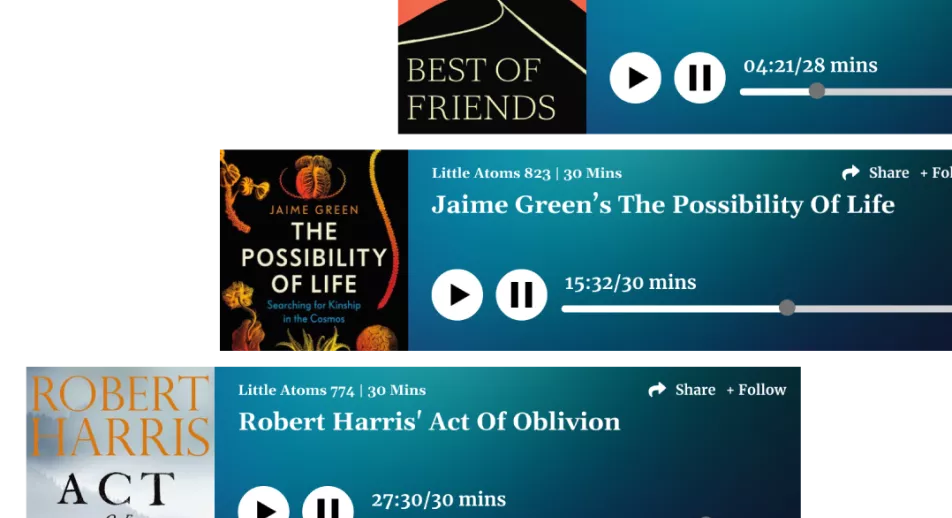Madagascar: trouble in paradise
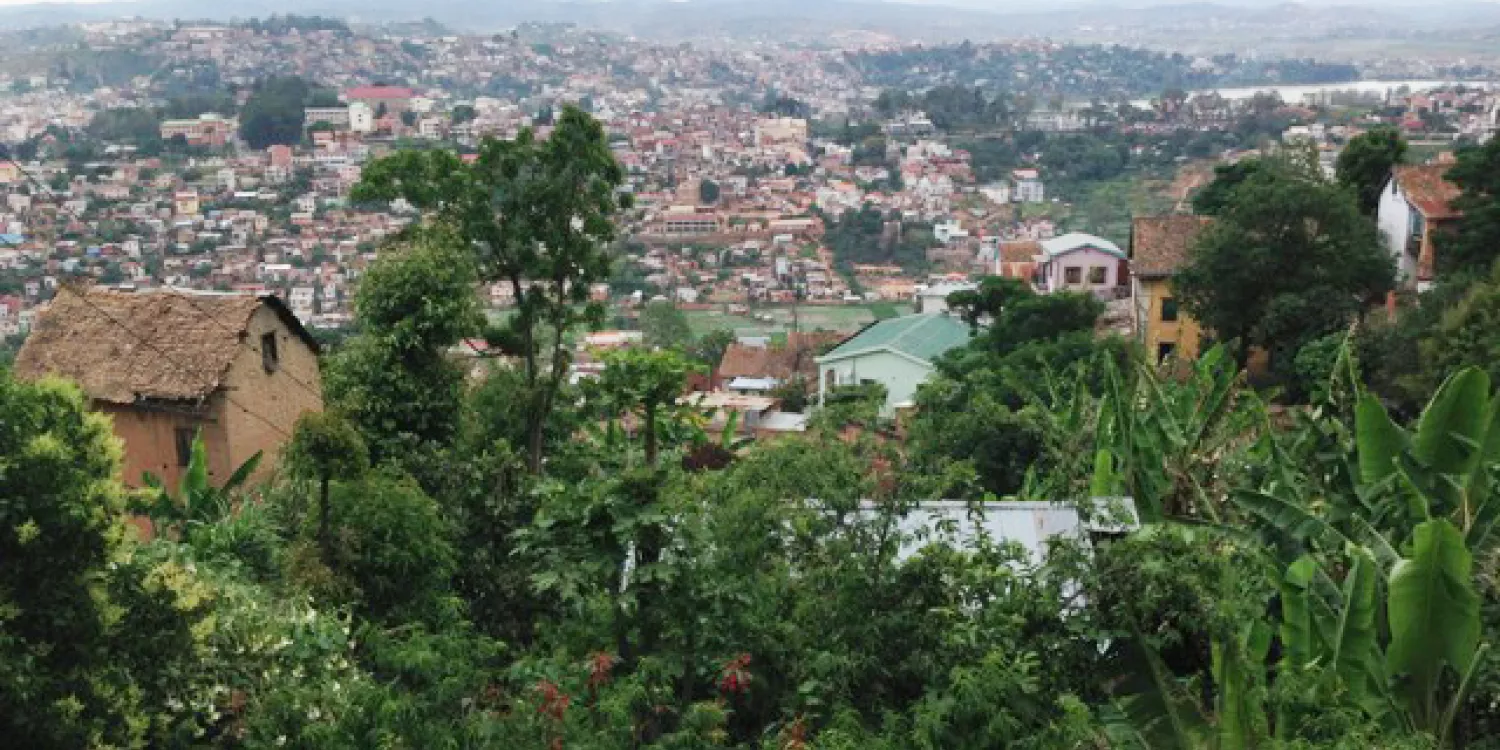
The Indian ocean island is emerging from instability, but it is still haunted by ghosts of the recent past

You are 11 months into your term as the new democratic president of Madagacar – a country that previously endured a near five-year transitional regime installed by the army and notorious for corruption and the theft of protected natural resources.
You are battling to rebuild the confidence of foreign aid donors – and convince your own public that things really can get better.
But the roads are still full of holes, many teachers are unqualified volunteers and the rate of child malnutrition is the fourth highest in the world. The 2015 budget only secured national assembly approval after your government softened up complaining parliamentarians by giving them free tablet computers
This is the swampy political environment that confronts President Hery Rajaonarimampianina. And it’s far from clear that he has yet learnt how to navigate his way through.
This nation of 23-25 million people – no one is really quite sure of the correct figure – has a popular international image as an ecological paradise, home to a cornucopia of rare and extraordinary species found nowhere else.
And there is international awareness of the distinctive culture of the Malagasy people, shaped by Asia as well as Africa, and their island’s role as a leading producer of vanilla and tropical spices such as cloves and cinammon.
These dimensions are real enough.
But Madagascar is also a low income country – and one whose development progress has fallen far short of its potential, after repeated bouts of political instability.
The island has been spared war and serious terrorist violence. But twice in recent years it has been held political hostage by the ambitions of rival claimants to the presidency
In 2002, a disputed first round election result saw then head of state Didier Ratsiraka refuse to concede defeat to Marc Ravalomanana, then mayor of the capital, who had claimed victory. For months the country endured paralysis as the two rival would-be presidents jostled for power, before Ratsiraka fled into exile.
Ravalomanana provided real leadership on development. But he ruled in an increasingly high-handed manner – and Berlusconi-style, he also owned the country’s biggest indigenous busines empire.
Then in early 2009 he was faced with a wave of urban protest, headed by a new Antananarivo tycoon mayor, Andry Rajoelina.
This time the army stepped in, installing Rajoelina as transitional president, while Ravalomanana fled into exile. For four years southern African mediators struggled to negotiate a compromise settlement of this clash of egos.
International aid and trade cooperation was largely suspended in an effort to persuade Rajoelina to allow his deposed predecessor home to contest new elections.
But – as so often – sanctions hit the poor hardest, freezing development projects and provoking mass job losses in the textile export industry, while the elite survived comfortably enough, many tapping into the proceeds of corruption and the illicit plunder of Madagascar’s precious protected rosewood forests.
Eventually, international pressure and the courage of new judges on the national elections court, forced both Rajoelina and Ravalomanana to stay out of a new presidential contest – which was held late last year.
The two main camps were represented by stand-in candidates – Jean-Louis Robinson, a former health minister was Ravalomanana’s man, while Rajoelina put forward Rajaonarimampianina, his former finance minister. The latter, able to far outspend all challengers, emerged victorious.
But Rajaonarimampianina – universally known as “Hery” – has come into a bleak inheritance, ravaged by corruption and social inequalities.
The Malagasy people are resilient. And in parts of the administration committed officials have resisted political pressure from above to maintain the disciplines of proper management and regulation.
But the damage wrought by the transition is evident everywhere. Many economic and social indicators now lag behind those for mainland sub-Saharan societies with far fewer resources.

Antananarivo – itself marked by extremes of wealth and poverty – appears far detached from the deprived rural areas where most Malagasy live. The city’s political elite are consumed by factional manoeuvres and tussles over vested interests.
And even in the capital, the decayed state of national infrastructure is all too evident.
In hilly outer districts, vehicles gingerly pick their way round potholes that are axle deep. When it rains some streets become impassible. Wet season storms also bring power cuts by the widely despised Jirama, the chronically indebted national power and water company – much of whose revenue serves only to lubricate the patronage networks that underpin the political class.
Steering Madagascar to economic growth

For Hery the challenge is to find a way of shifting this trajectory and steering Madagascar onto a path of steady economic growth, job creation and tangible improvement in mass living standards.
His January 2014 inauguration speech signalled a break with Rajoelina and raised hopes that he recognised the need for fundamental change.
Since then he has managed a few tentative reforms, tightening up financial controls and replacing officials in some notorious state agencies.
But detailed practical policy ideas have been slow in coming, and scepticism about the president’s will or ability to achieve a real breakthough is growing. Decisive large-scale action has been absent.
Indeed, it’s uncertain whether Hery even recognises a need for transformation in the political culture. Some long-running scandals, particularly in the energy sector, have actually got worse.
Yet the IMF and international aid donors such as the European Union, African Development Bank and France, who restored aid last year [2014] are still cautiously willing to extend the benefit of the doubt, and maintain the flow of support to Madagascar. They are hoping against hope that Hery will slowly make progress.
He is the legitimate head of state. His election brought an end to almost five years of unconstitutional rule, during which the economy stagnated while poverty and corruption spread.
Among the Malagasy, the expectation that Hery could be the man who leads their country into a new era of steady progress is already fading.
But donors have little choice but to work with him. As one diplomat says, “He is the only president we have got.”
Yet already his rivals are back already on manoeuvres. Ravalomanana has flown back from exile without waiting for a government green light. And no one thinks Rajoelina’s ambitions have evaporated.
So after a first year in power that has produced few positive results, 2015 promises to be crunch time.
With aid money still on offer to help finance recovery, now is the moment that Hery has to start producing tangible improvements in the lives of the disillusioned Malagasy people.

